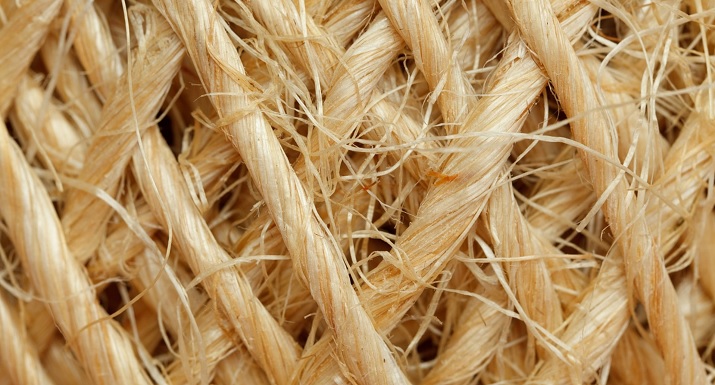
With the passing of the 2018 Farm Bill on Dec 20, industrial hemp (aka hemp) will be treated as an agricultural crop in the United States. A benefit to farmers across the country, especially in the warmer and drier West Coast states, is that hemp can grow in nearly any climate which could make it a cash crop for American farmers.
On the West Coast, water shortages and droughts are common, but hemp doesn’t require much water to grow. It also doesn’t require the use of any pesticides or herbicides, making it inexpensive to grow.
“It uses more water at the very beginning of its growth,” said Greg Whaling of the National Hemp Association. “But once it kind of passes its early development stage—about three weeks—it becomes one of the most drought-tolerant crops on the planet.”
Aside from hemp’s sustainability and ease of growing, there are other benefits to it. The plant is naturally mildew and mold resistant and the fibers are very durable.
Some of the products and industries using hemp:
- Construction
- Plastics
- Biofuel
- Healthcare/Nutrition
- Beauty products
- Rope
- Paper
- Textiles
- Livestock feed
 AZ Marijuana Arizona Marijuana Info
AZ Marijuana Arizona Marijuana Info






